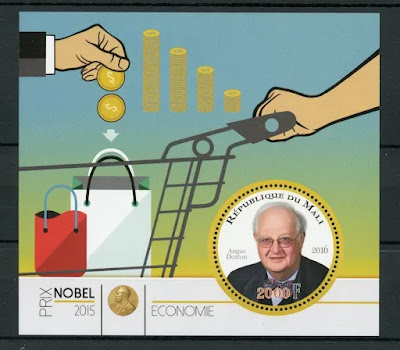Angus Deaton (born October 19, 1945) is a distinguished British-American economist known for his significant contributions to the fields of health economics, development economics, and the analysis of poverty and well-being. As of my knowledge cutoff date in September 2021, Angus Deaton is still alive.
Deaton has had a substantial impact on economic research, particularly in the areas of consumer behavior and the measurement of living standards. He was awarded the Sveriges Riksbank Prize in Economic Sciences in Memory of Alfred Nobel (commonly referred to as the Nobel Prize in Economics) in 2015 for his work on consumption, poverty, and welfare. His research has provided valuable insights into understanding how individuals and households make consumption choices and how economic factors affect overall well-being.
One of his notable works is the development of the Deaton–Muellbauer model, which has been influential in the study of consumer demand and expenditure patterns. Deaton's research has also explored the measurement and analysis of global poverty, health inequalities, and the impact of health and economic factors on individual and societal well-being.
Angus Deaton's work continues to be highly regarded in the field of economics, and his insights have influenced public policy, particularly in the areas of health, poverty alleviation, and economic development.









